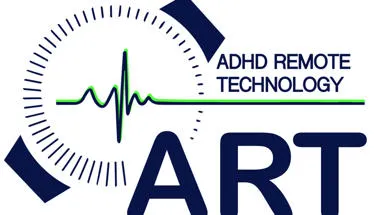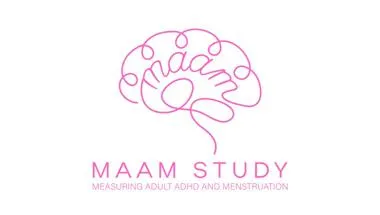
Biography
Dr. Jessica Agnew-Blais is a Senior Lecturer in in Psychology at Queen Mary University of London and a Visiting Lecturer at the SGDP Centre at the IoPPN. After completing her PhD in Psychiatric Epidemiology at the T.H. Chan Harvard School of Public Health in Boston, USA, Dr Agnew-Blais came to King’s College London and the SGDP Centre where she completed a postdoc with Professor Louise Arseneault working on the E-Risk Longitudinal Twin Study. Dr. Agnew-Blais then received an MRC Skills Development Fellowship to study the persistence and emergence of ADHD in young adulthood using a genetically sensitive design. After completing her fellowship, Dr. Agnew-Blais became a lecturer at QMUL. She recently received an MRC New Investigator Research Grant to study ADHD in girls and women using a life course approach, with co-investigators Professor Jonna Kuntsi and Professor Richard Dobson. This grant includes the Measuring Adult ADHD and Menstruation (MAAM) study, which will assess functioning among women with ADHD across the menstrual cycle using wearable technology and a smart phone app in collaboration with the RADAR-base platform.
Research Interests:
- ADHD over the life course
- Gender/sex differences in ADHD
- Gene-environment interplay
Key publications:
Agnew-Blais J & Michelini G. Taking stock of the present and looking to the future of ADHD research: a commentary on Sonuga-Barke et al. Journal of Child Psychology and Psychiatry 2023;64(4):533-536
Agnew-Blais J, Wertz J, Arseneault L, Belsky DW, Danese A, Pingault JB, Polanczyk GV, Sugden K, Williams B, Moffitt TE. Mother's and children's ADHD genetic risk, household chaos and children's ADHD symptoms: A gene-environment correlation study. Journal of Child Psychology and Psychiatry 2022; 63(10):1153-1163
Agnew-Blais J, Belsky D, Caspi A, Danese A, Moffitt TE, Polanczyk GV, Sugden K, Wertz J, Williams B, Lewis C, Arseneault L. Polygenic risk and the course of attention-deficit/hyperactivity disorder from childhood to young adulthood: findings from a nationally-representative cohort. Journal of the American Academy of Child & Adolescent Psychiatry 2021;60(9):1147-1156
Agnew-Blais J, Polanczyk GV, Danese A, Wertz J, Moffitt TE, Arseneault L. Are changes in ADHD course reflected in differences in IQ and executive functioning from childhood to young adulthood? Psychological Medicine 2020;50(16):2799-2808.
Asherson P, Agnew-Blais J. Annual research review: Does late-onset attention-deficit disorder exist? Journal of Child Psychology and Psychiatry 2019; 60(4):333-352.
Agnew-Blais J, Polanczyk GV, Danese A, Wertz J, Moffitt TE, Arseneault L. Young adult mental health and functional outcomes among individuals with remitted, persistent and late-onset ADHD in an 18-year prospective cohort of twins. British Journal of Psychiatry 2018; 213(3):526-534.
Agnew-Blais J, Polanczyk GV, Danese A, Wertz J, Moffitt TE, Arseneault L. Evaluation of the persistence, remission, and emergence of attention-deficit/hyperactivity disorder in young adulthood. JAMA Psychiatry 2016; 73(7):713-720.
Research

ADHD Remote Technology (ART)
The ADHD Remote Technology (ART) research programme focuses on the development and application of a novel remote measurement technology system for ADHD

MAAM – Measuring Adult ADHD and Menstruation Study
The Measuring Adult ADHD and Menstruation (MAAM) Study is a collaborative project on women with ADHD between Queen Mary University of London and King’s.
Project status: Ongoing
Research

ADHD Remote Technology (ART)
The ADHD Remote Technology (ART) research programme focuses on the development and application of a novel remote measurement technology system for ADHD

MAAM – Measuring Adult ADHD and Menstruation Study
The Measuring Adult ADHD and Menstruation (MAAM) Study is a collaborative project on women with ADHD between Queen Mary University of London and King’s.
Project status: Ongoing
